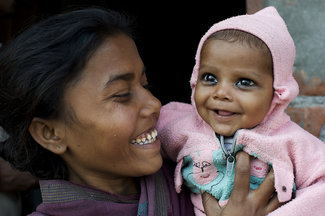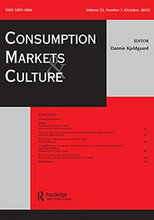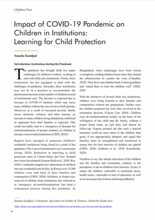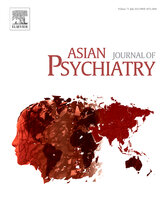

Displaying 111 - 120 of 753
This paper examines the understanding of poverty emerging in voluntourists’ accounts of their first-hand experiences of poverty alleviation. Based on the ethnography of an orphanage in Nepal, the authors show that despite voluntourists’ good intentions and even (self-)criticism of the volunteer tourism approach to poverty relief, their accounts tend to consolidate rather regressive ideas about poverty.
This report provides a summary of the learning exchange that took place around family-based care (family strengthening, foster care, specialized group care) in Udaipur, Rajasthan, India on August 24 - 28, 2022.
Why is it so important to consider mental health and emotional well-being in child care and child protection? How can we address mental health needs in a non-clinical environment?
A parliamentary standing committee has expressed serious concern over the decline in the number of children coming to adoption agencies over the years, saying it points to trafficking or a thriving illegal child adoption market.
Children First: Journal on Children's Lives is a bi-annual and peer-reviewed journal, launched by Delhi Commission for the Protection of Child Rights (DCPCR) with the aim of deepening and broadening the discourse on child rights by providing a platform to all persons who are engaged with
the rights of children in varied capacities to share their learnings, views and experiences in this context. This issue focuses on the continued impact on children in the Indian context in the second year of the pandemic and the disruptions caused in the children's lives. This is one of the articles in the latest issue.
India Alternative Care Network is pleased to invite you for the launch of 'Every Child's Right to Family Life: An Introduction to Family Strengthening and Alternative Care in India' on July 20.
This webinar shares the process that Family for Every Child is using to facilitate the development of global inter-agency guidance on Kinship Care, aimed at policy makers and programme managers.
This report maps the family strengthening and alternative care practices across 14 organisations and provides an overview into a number of elements including nature of care, target, coverage, intervention, the longevity of care, linkage to the child protection system, access to sponsorship provided by the State, challenges in implementing the program, among other aspects.
At a parliament meeting on June 15, Nepal’s Law and Justice Minister Govinda Bandi announced that the government is preparing to lower the legal age of marriage.
There is evidence that children in residential care institutions (RCI) have higher rates of psychological problems, suicide and criminal behaviour. There is only one study in Sri Lanka which has examined the psychological well-being of children in RCIs. This study aims to provide further evidence to formulate policies related to the mental health of institutionalized children in the local context.





